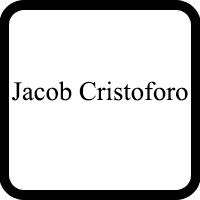 Edenville Juvenile Law Lawyers, Michigan
Edenville Juvenile Law Lawyers, Michigan
Sponsored Law Firm
-
 x
x

Click For More Info:
-
Goldman & Associates
615 Griswold St. Suite 1325 Detroit, MI 48226» view mapProbate Over 30 Years Experience
Accessibility, responsiveness, and personal commitment is our approach to client representation.
800-797-8031
Not enough matches for Edenville Juvenile Law lawyer.
Below are all Edenville Criminal lawyers.
Sponsored Lawyers
1-8 of 8 matches
Criminal, Divorce & Family Law, Litigation, Traffic, Misdemeanor
Jacob Cristoforo is a practicing attorney in the state of Michigan.
(more)Criminal, Personal Injury, Family Law, Medical Malpractice, Litigation
Errick is an Associate Attorney with Smith Bovill, P.C., who began his employment with Smith Bovill, P.C. following his graduation from Thomas M. Cooley Law School in May of 2014. With his primary focus on civil litigation, Errick’s practice consists primarily of personal injury, medical malpractice, professional negligence and ordinary negligence.
(more)


 Akiva Goldman Detroit, MI
Akiva Goldman Detroit, MI AboutGoldman & Associates
AboutGoldman & Associates Practice AreasExpertise
Practice AreasExpertise


